The effects of increasing night time temperatures on plants
October 28, 2021
It is vital to explore the night time processes of plants to protect our crops from changing climatic conditions, say Prof Erik Murchie and Dr Lorna McAusland The last decade (2009-2019) was the warmest on record. With global temperatures predicted to increase between 2-5 °C over the next 30 years, and more frequent, longer lasting …
Identifying heat tolerant rice varieties to maintain future food security
October 26, 2021
Rising temperatures are forcing scientists to develop heat tolerant varieties, but this takes time. Policymakers must commit to emissions reductions now, in order to avoid future food insecurity, writes Jordan Robson Global warming is undeniably a huge issue. Average temperatures have been rising steadily since the industrial revolution, and have risen significantly since the 1950s. …
Giving up meat and eating plants instead: Is it really that simple?
October 25, 2021
The complexities of nutrition and the misrepresentation of the livestock/meat industry are creating a simplistic view of much more complex systems, say Andy Salter and Phil Garnsworthy A Guardian commentary piece last week suggested that British meat-eating habits were rather out of control, and would need to be reduced by at least 20% (a statistic …
Adaptation in the face of adversity: unlocking the secret of the genome
October 20, 2021
How can we better understand plant responses to stress through their genomes? Prof Levi Yant and Dr Guillermina Mendiondo discuss different ways to look inside the world of plants. Life’s astonishing diversity is entirely the product of evolution. Adaptation of any organism to the environment, and the reflection of this adaptation – the evolution of …
RADIANT: Realising dynamic value chains for underutilised crops
October 13, 2021
Biodiversity is hugely important for the functioning of natural systems, and restoring biodiverse ecosystems is an essential part of our fight against climate change. Biodiversity is key to food, nutrition and economic security, particularly for small farmers and farming communities in rural areas. There are around 259,000 plant species on our planet, of which 50,000 …
Evolving grass pea from ‘orphan’ crop to staple food
September 8, 2021
This post is written by Drs Peter Emmrich and Levi Yant. Malnutrition from protein deficiency is a widespread problem and concern. Populations in the developing world are at particular risk due to the higher costs of animal proteins when compared to plant proteins. These populations therefore tend to rely on protein-rich plant-based foods like beans, …
The National Food Strategy: Rebalancing our ‘protein economy’
August 3, 2021
This post is written by Prof Andy Salter. July saw the publication of the long awaited second part of the National Food Strategy. Part 1 of the report was produced in July 2020 and was originally intended to provide an overview of the strengths and weaknesses of the UK food system. However, this was ‘hijacked’ …
Diversity of duckweed sites in Elgin, Scotland: Part four in a botanical tale of exploring natural variation around us
July 28, 2021
This post is written by Kellie Smith. After a successful duckweed hunt in the South East and West of England, featured in my previous blog posts, we then made our way north. We were headed to Scotland to see whether duckweed coverage was equally dense as in southern England and if different species compositions prevailed. …

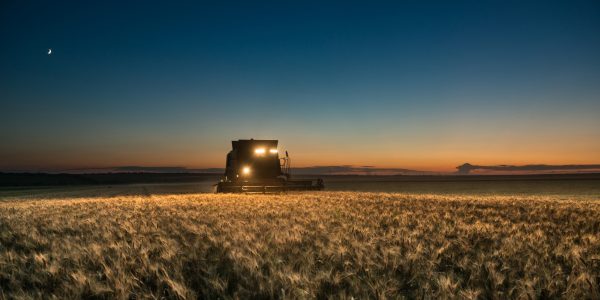

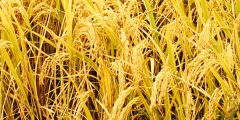
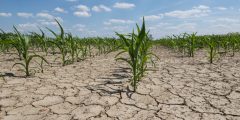
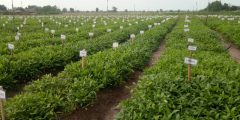
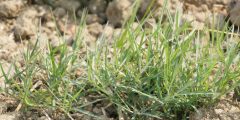
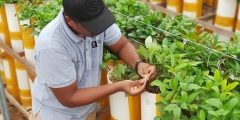


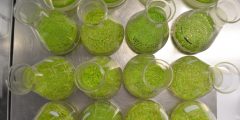
Recent Comments